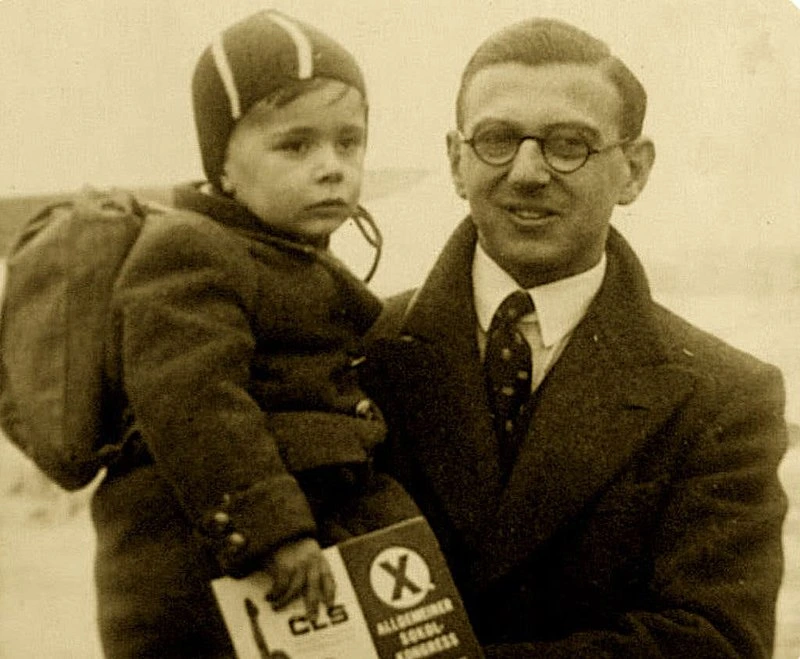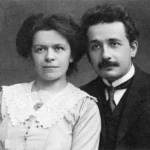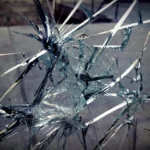In 1939, a young British stockbroker named Nicholas Winton quietly pulled off one of the most heroic rescue missions of the 20th century and then didn’t talk about it for nearly fifty years.
Back then, Europe was on the brink of World War II. Hitler’s power was growing and Jewish families across the continent were desperate to get their children to safety. Winton was just an ordinary man who saw what was coming and decided to do something about it.
A Line in a Leaflet
It wasn’t until 1954 that Nicholas Winton casually mentioned what he’d done and even then, it was just a throwaway line.
While running for a local council seat in Maidenhead, England, his campaign leaflet listed his hobbies, political work and a few personal details. Buried halfway down, between notes about his business and fencing, were eight simple words: “After Munich evacuated 600 refugee children from Czechoslovakia.”
At the time, no one paid attention. But behind that one sentence was a story of courage and compassion that had saved hundreds of young lives from the Holocaust.
Between December 1938 and September 1939, Nicholas Winton helped rescue at least 669 Czech children from Nazi-occupied territories. It was an incredible operation and yet, for decades, almost no one knew about it.
The world later nicknamed him “The British Schindler” but Winton never liked the title. In an interview with The Guardian in 2014, he said that when it came to the saying, “Some people are born great, some achieve greatness, and some have greatness thrust upon them,” he belonged in the last category.
He didn’t plan to be a hero. He just saw a crisis and stepped in.
A Ski Trip That Never Happened
It all started in December 1938. Winton, then a 29-year-old stockbroker in London, was about to leave for a ski vacation in Switzerland. Just before he left, he got a phone call from a friend, Martin Blake, who was working to help Jewish refugees in Czechoslovakia.
Blake told him to skip Switzerland and come to Prague instead. “Don’t bother to bring your skis,” he said.
Winton went and what he saw in the refugee camps changed everything. Jewish families, especially those from the region Germany had just annexed, were living in terrible conditions. They knew what was coming and their main goal had become clear: get their children out while there was still time.
At that time, Britain had programs to take in Jewish children from Germany and Austria but not from Czechoslovakia. Winton decided to change that. Working with Blake, Trevor Chadwick and Bill Barazetti, he set up an office in Prague.
Soon, desperate parents were lining up, begging to have their children placed on Winton’s list for transport to England. They knew the truth — if their child got on a train, they might never see them again.
The Nazis quickly caught on and began following and harassing Winton and his team. But he didn’t stop. With a few bribes and clever tactics, the group kept their work going under the radar.
Forging a Path — and Some Papers
There were endless bureaucratic roadblocks. Britain’s Home Office was slow to approve the children’s visas and Winton knew time was running out.
So, he forged the documents himself.
That risky move allowed the transports to move forward. He also arranged for British foster families to take in the children — each paying a deposit of about $1,700 (a large sum at the time) meant to fund the child’s eventual return home.
On March 14, 1939, the first train left Prague, carrying 20 children out of Nazi-controlled territory. Over the next few months, seven more trains followed, taking hundreds of children to safety in England.
Heartbreak on the Platforms
Each train departure was both hopeful and devastating. Parents waved from the platforms, crying as their children disappeared down the tracks. They wanted to believe they’d see them again but deep down, many knew they wouldn’t.
One of the rescued children later remembered: “My parents, in order to get me on the train, misled me into believing I was going on an adventure, a holiday to stay with my Uncle Hans Popper in Folkestone (England).
They did not even cry and suppressed their emotions to not alarm me. I had no idea that it was the last time I would see my father alive and that they were destined to the hellhole of Auschwitz.”
Zuzana Marešová, another child Winton rescued, recalled: “All of the parents were crying and waving. I can still see them today. I can remember the parents’ hands up and our noses pressed to the glass and that gave me the idea of the parting. The most frequently uttered sentence along the platform was, ‘See you soon.’”
By early August 1939, eight trains had made it out. A ninth was scheduled for September 1. But that same day, Germany invaded Poland and war began.
“Within hours of the announcement, the train disappeared,” Winton later said. “None of the 250 children aboard was ever seen again.”
The Secret Hero
After the war, Winton didn’t brag about what he’d done. He went back to a normal life in England, got married and worked with charities for the elderly.
When he was awarded membership in the Order of the British Empire in 1983, it wasn’t even for his Holocaust rescue — it was for his charity work.
Then, in 1988, his wife, Grete Gjelstrup, made a discovery that changed everything.
While cleaning the attic, Gjelstrup found an old scrapbook filled with photos, names and documents about the children her husband had rescued. When she showed it to him, he brushed it off and even told her to throw it away.
“You can’t throw those papers away,” she said. “They are children’s lives.”
Instead of tossing it, she shared it with a Holocaust historian and the story exploded. The media picked it up and soon Nicholas Winton was being honored by governments across the world. Two Czech astronomers even named a planet after him in 1998.
But Winton still stayed humble. “It gets a bit boring talking about the same thing for a hundred years,” he told The Guardian in 2014. “It turned out to be remarkable, but it didn’t seem remarkable when I did it.”
He always credited others — like Doreen Warriner and Trevor Chadwick — who had stayed behind in Prague when things got dangerous. “I wasn’t heroic because I was never in danger,” he said.
A Television Surprise
Winton’s story finally reached the public in the most emotional way possible. In 1988, producers from the BBC program That’s Life invited him to sit in the studio audience — without telling him why.
During the show, the host revealed that several people in the audience were among the children he had rescued fifty years earlier. The crowd erupted in tears and applause. Even Winton, known for his calmness, had to wipe his eyes.
Later, he admitted he wasn’t exactly thrilled about being “tricked for the purposes of instant television drama — and bucketfuls of tears,” as The Guardian put it. But it didn’t matter. The world finally knew.
Sir Nicholas Winton passed away on July 1, 2015 — the same date, 76 years earlier, that the largest of his rescue trains had departed. He was 106 years old.
By then, his story had inspired movies, documentaries and generations of people.



